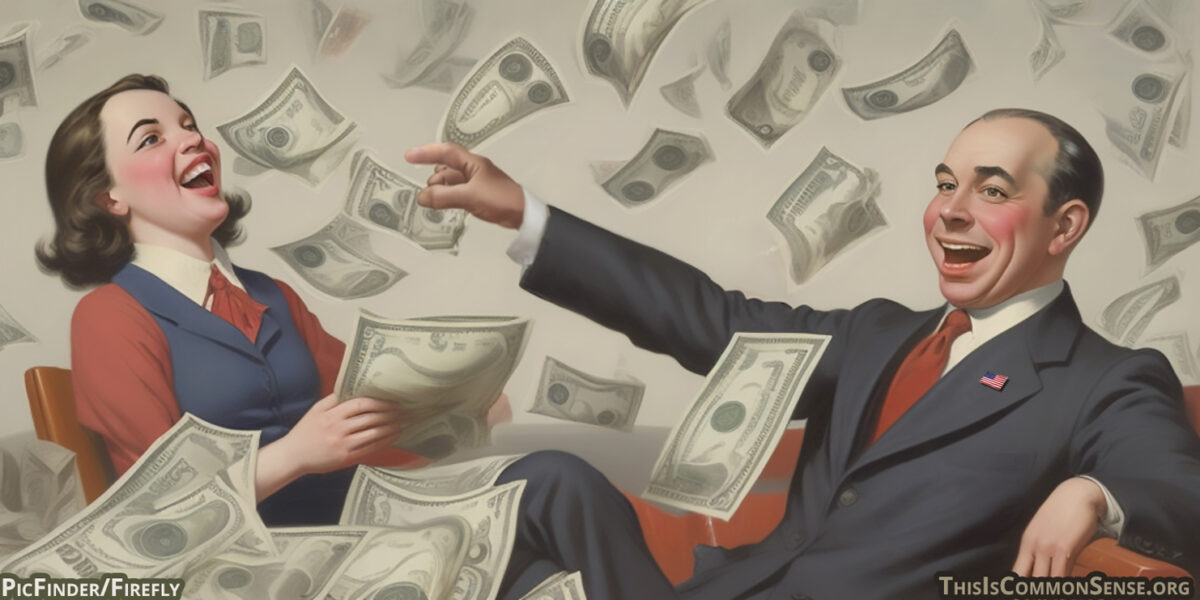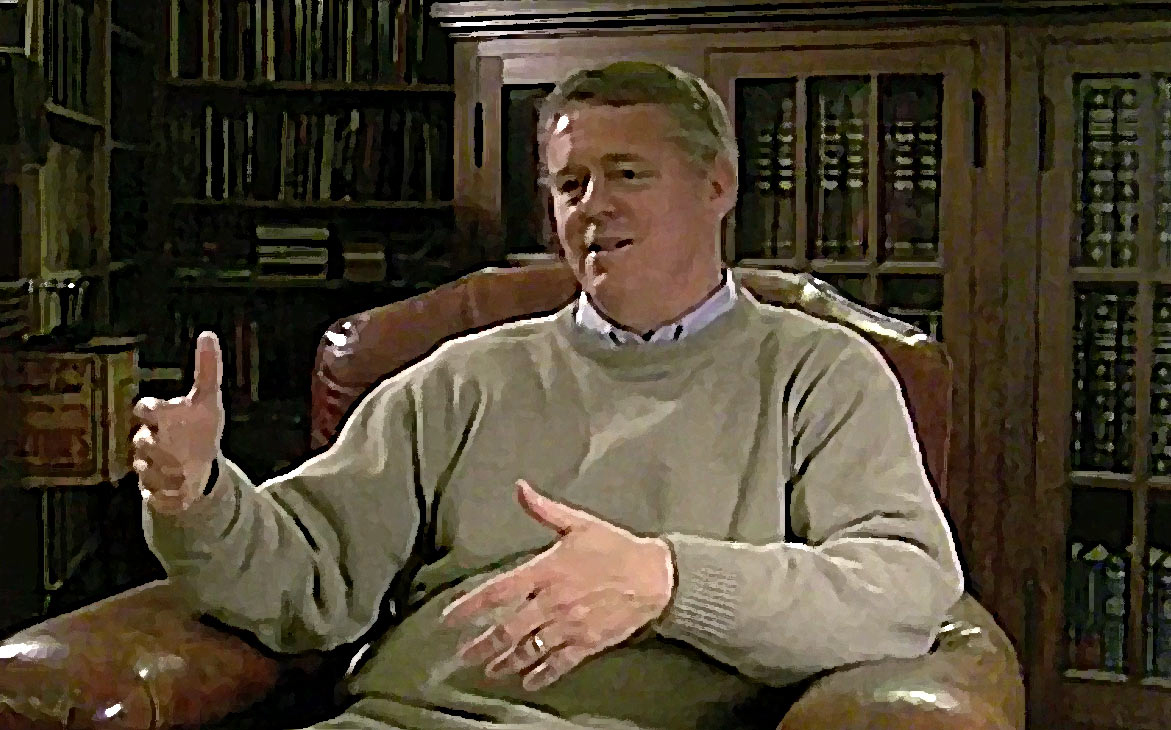It’s been a while since I’ve mentioned “Modern Monetary Theory,” popularly known as MMT.
While MMT is not popular here, it is gaining adherents outside the ranks of Common Sense readers like a new Ponzi scheme taking
Modern Monetary Theorists go on and on about the gospel of printing money, like they just discovered that the Fed-and-Treasury act of borrowing within the banking system isn’t the only way to inflate the
You can indeed “just print money”!
Granted, the MMTers do a lot of fancy footwork, or silver-tongue-work — the closest they get to hard money — to avoid the infamous consequences of monetary inflation, “price inflation” being just one of them. They are so enamored of the money press that they’re like teenagers discovering sex: didn’t you old folks know about this great thing?
It would be comical were it
At the present moment in history, of course, MMT is in a tricky situation: huge increases in the money supply during the COVID period resulted in no small amount of … huge price increases.
“Whatever you call it, MMT is printing money,” Matt Taibbi just wrote in a terrific May 18 piece, “and no matter how sure you might think you are that it will work, you aren’t, and can’t be. Sure, our leaders have been doing it, printing $4 trillion through multiple rounds of QE and $5.5 trillion more in the CARES Act, and sure, that last spree only inspired about 20% inflation so far. Still, any economist who says with a straight face he or she is sure this experiment won’t end with your kids using dollars as toilet paper is lying.”
Or just engaging in old-fashioned money-crankism.
The old get-something-for-nothing racket. MMT’s just the latest form.
This is Common Sense. I’m
Illustration created with PicFinder
See all recent commentary
(simplified and organized)
See recent popular posts


